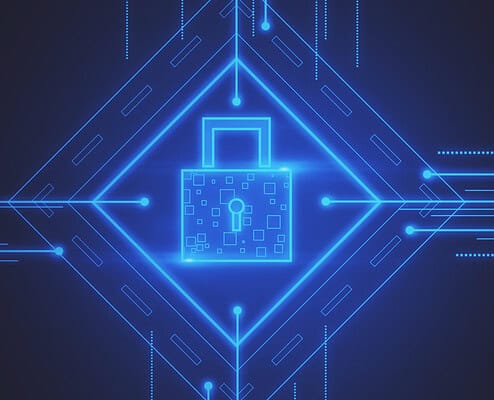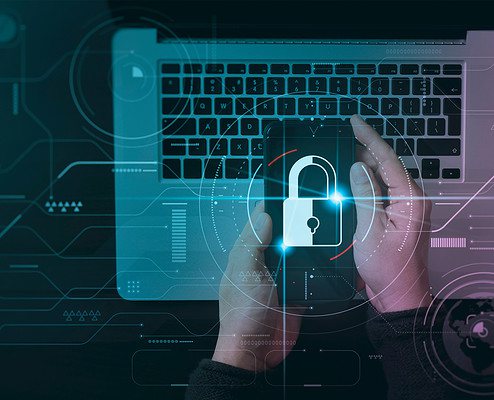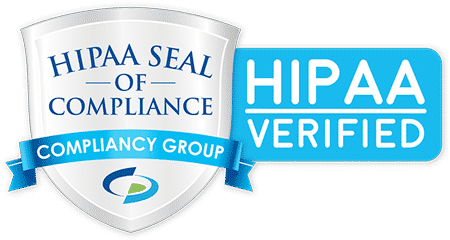
Email Security Best Practices for Your Success
Email security is often an overlooked aspect of digital security. However, with the increasing prevalence of electronic mail in almost all facets of life, enhancing its security has become an urgent concern. Learn more about protecting your electronic mail and applying best practices to ensure your business’s success.
The Importance of Email Security
With an ever-increasing surge in digital communication, email security has become more important than ever. It is a critical form of communication in the corporate world, transmitting invaluable and sensitive data. While emails ease the process of communication, they also make us vulnerable to a variety of security issues—serving as an entry point for cybercriminals to gain access to personal or corporate networks.
Cybersecurity awareness and adhering to email security best practices can help mitigate these risks. Implementing a secure email gateway, email content filters, and deploying multi-factor authentication can thwart most unauthorized access attempts. Failure to do so may lead to malicious email attachments, spam, and phishing scams, posing severe data and information security threats.
Cybercrime Is on the Rise
Over the years, cybercriminals have devised sophisticated phishing attacks to exploit vulnerabilities in email accounts. These attacks often lead to business email compromise and potential loss of confidential information. Some recent case studies include scams disguised as COVID-19 financial aid or business email compromise in which a fraudulent email appears to be from an executive in your company.
Email spoofing is another common scam where the scammer sends an email with a forged sender address. With the increase in single sign-on systems, there’s also been a rise in phishing emails that target these login credentials. Moreover, mobile devices can also be susceptible to virus software that can track your credentials or read your emails.
Therefore, it’s vital to implement email authentication standards, like SPF, DKIM, and DMARC, for verifying and authenticating emails. Also, users should verify email addresses before replying and avoid clicking links or downloading files they weren’t expecting.
Don’t fall victim to advancing cyberthreats. Keep your operations in check with NET3 IT.
Seven Best Practices for Secure Emailing
Email security best practices are fundamental to protecting personal and corporate email accounts. Employ the following seven tactics:
1. Develop Password Protection Practices
Creating strong and unique passwords for every email account is essential. Often, individuals opt for easy-to-remember passwords that are also easy to crack. Changing passwords frequently and using multi-factor authentication further bolsters the security of email accounts. Case studies indicate that businesses implementing these measures have significantly reduced unauthorized access incidents.
2. Avoid Clicking on Suspicious Links
Emails are often used for phishing scams, with users tricked into clicking links that lead to fake websites. These websites are designed to capture sensitive information, often leading to email spoofing and other fraudulent activities. It is essential to verify the authenticity of the email address before clicking on any links provided in an email.
3. Regularly Update Your Security Software
Updating security software, including anti-virus software, is another vital aspect of maintaining email security. Regular updates ensure protection against newly detected threats that could potentially breach email security protocols. It prevents threats from phishing emails, email scams, and suspicious email attachments from inflicting damage.
Additionally, it’s recommended to use a secure email gateway or a gateway email content filter to protect email accounts from various malware and attacks.
4. Educate Employees About Email Scams
Adequate security is a multi-pronged effort that extends beyond implementing advanced tech solutions to fostering a culture of caution and vigilance among staff members. Training your employees empowers them to recognize and respond to phishing attempts, reducing the risk of falling victim to fraudulent schemes and potential data breaches.
This education typically involves training sessions and awareness campaigns that teach employees to be cautious, verify sender information, and avoid clicking on suspicious links or downloading unknown attachments in email communications.
5. Using an Anti-Phishing Testing and Training Software
Using anti-testing and training software powered by AI can significantly enhance email security. This advanced technology employs machine learning algorithms to detect and block phishing attempts, malware-laden attachments, and other fraudulent email activities.
By continuously analyzing and adapting to evolving threats, such software can provide proactive protection, reducing the risk of sensitive data breaches and ensuring that email communication remains secure for individuals and organizations alike.
6. Backing Up Your Email
Backing up your email, even when using Microsoft or Google-related platforms, is essential for maintaining email security. While these platforms offer robust security measures, they are not immune to data loss incidents, such as accidental deletion, hacking, or server failures.
By regularly backing up your emails, you create an additional layer of protection, ensuring that your critical communications and attachments are safe from unforeseen events. This redundancy helps safeguard against data loss and guarantees uninterrupted access to your important email correspondence.
7. Choosing a Reliable Managed Service Provider (MSP)
Adding an extra layer of security by choosing a reputable managed service provider is a proactive step towards protecting the business email system. This provider will shield your business email from threats such as phishing scams, spyware, and virus software and ensure all email attachments are clean of malware before they reach the user.
A provider specializing in email security and IT can also protect your email account when accessed from public Wi-Fi networks. Often, these networks are not secure, making it easy for cybercriminals to intercept sensitive data.

Essential Criteria for Choosing an MSP
When researching providers, consider how well they mitigate security issues such as phishing attacks and spam. Look into whether they employ multi-factor authentication and how regularly they recommend changing passwords.
Your provider should offer various encryption options. Email encryption adds another layer of end-to-end security by ensuring that even if someone intercepts your business emails, they won’t be able to read them. For example, Net3 IT’s email encryption and data loss prevention ensures all items are cleaned up before getting to a user.
Key Takeaways
- In the corporate world, email is critical for transmitting sensitive data, making proper email security essential to protect against cyber threats and unauthorized access.
- Cybercriminals have devised sophisticated phishing attacks, leading to business email compromise and potential data loss. Scams, email spoofing, and mobile device vulnerabilities are prevalent. Implementing email authentication standards and user vigilance are crucial to prevent these threats.
- Password protection, avoiding suspicious links, security software updates, employee education, and selecting a reliable MSP are some of the best practices for maintaining email security.
Secure Your Email Servers With Net3 IT
When it comes to safeguarding your business’s email security, Net3 IT stands out as the ideal managed service provider. Our unwavering commitment to proactive support ensures that your email servers are protected against the ever-evolving landscape of cyber threats. We understand that email is a lifeline for modern businesses, transmitting invaluable data and communication.
With Net3 IT, you not only gain access to cutting-edge technology, but also a dedicated team of experts who are vigilant in mitigating risks and enhancing your email security. Embrace the peace of mind that comes from partnering with Net3 IT, your trusted ally in fortifying your email servers and ensuring the success and security of your business.
Partner with the leading MSP in Knoxville, Tennessee. Contact Net3 IT today.

About Us
Since 2012, Net3 IT has offered enterprise-level IT experience and industry knowledge to help Knoxville businesses make the right decisions. We are committed to our customers’ success by providing cost-effective, high-value IT services, VOIP phone services, and strategic consulting.



